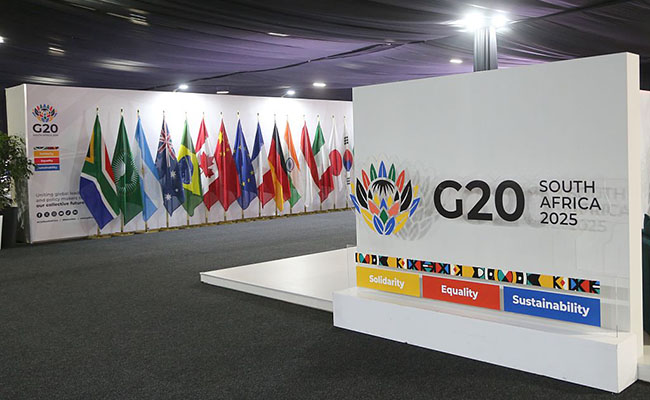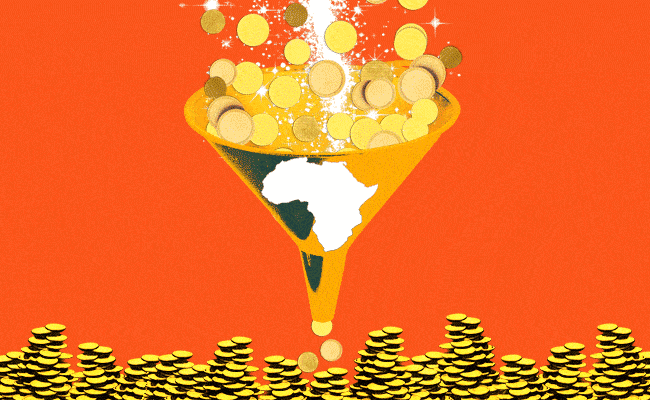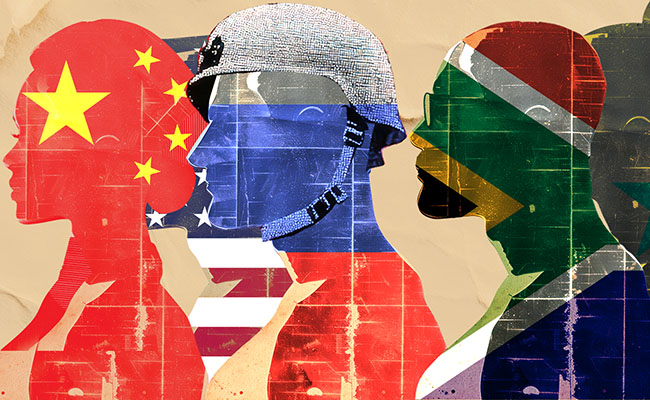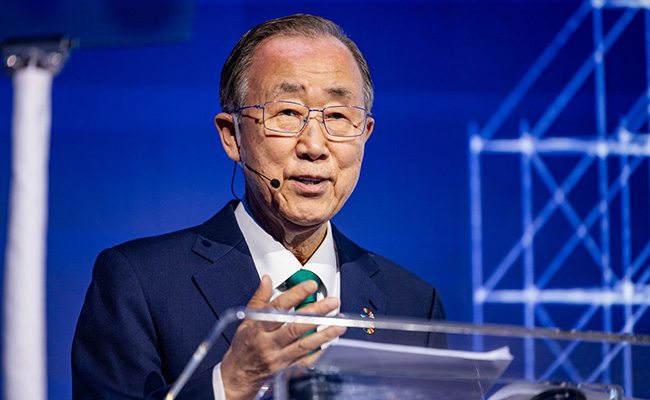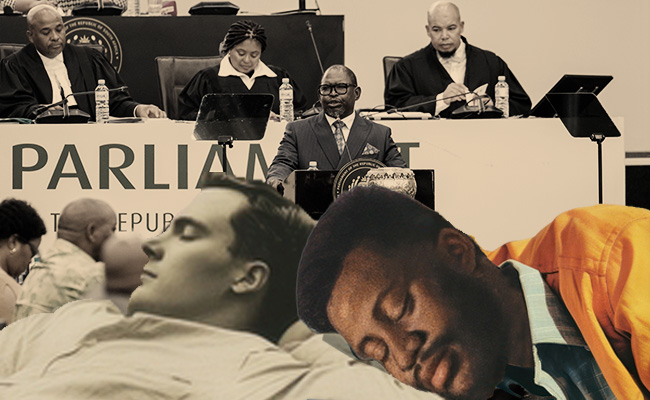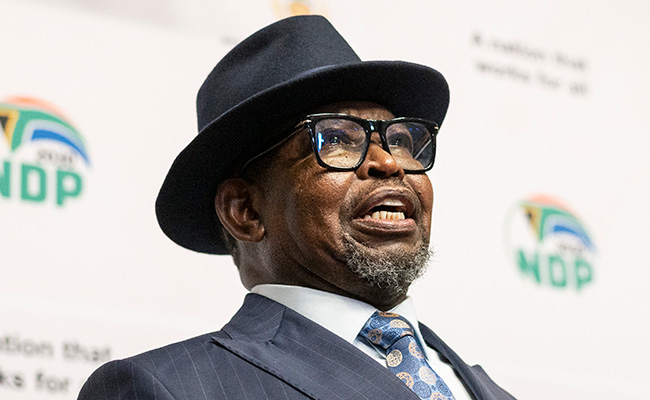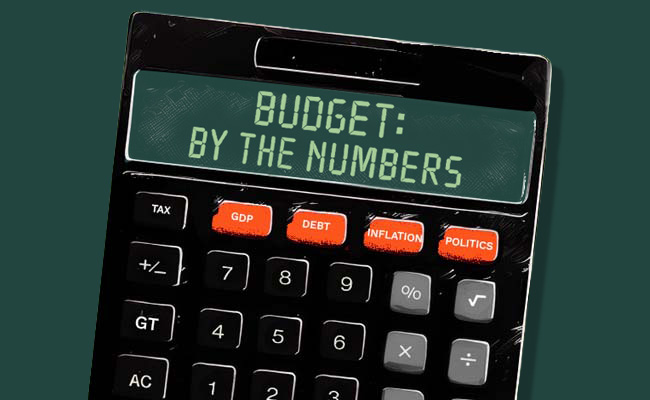Lots has been said in South Africa about whether the G20 meeting in Joburg was a success from the country’s point of view, but what about the continent?
The AU became a permanent member at the 2023 New Delhi G20 summit in an institutional format similar to the role the EU plays in the organisation. But the 2025 Joburg summit was the first time the AU participated as a member under an African presidency, on African soil, and with a fully integrated institutional role. That alone was historic. But if Africa expected a grand symphony of structural reforms, the music was more measured: a soft trumpet here, an ambitious drumbeat there, but no triumphant crescendo.
The rallying cry for AU inclusion has been “Nothing about Africa without Africa”, which is essentially a demand for equal voice. The AU has long argued that Africa – home to 1.4-billion people and the world’s fastest-growing population – cannot remain marginal in global economic governance. For years, the continent’s involvement was channelled only through South Africa’s seat in the G20, which the AU viewed as inadequate and unrepresentative. But it’s a tricky issue: other than the AU and the EU, no other regional organisation is formally part of the organisation.
Tackling the ‘prejudice premium’
However, given the focus on Africa and the fact that the event took place on the continent for the first time, what if anything was achieved? The final communiqué is not definitive, but then again, it never is. And given the fact that the US boycotted the event, whatever is in the communiqué isn’t likely to have much weight anyway.
But, in an incremental sort of way, the continent did take a step forward. The discussion on the outskirts of the conference about whether there is a “prejudice premium” involved in African debt was a good example, as debt ratings agencies appear on average to rate African countries worse than their commercial interest rates might imply. The G20 declaration does reference debt cost burdens, transparency and reform, thereby indirectly acknowledging what Africa calls the “prejudice premium”, but it did not adopt the term or commit to a discrete mechanism to address it.
Polite conversations
The other aspect was International Monetary Fund (IMF) quota reform, which once again became a polite conversation, not a commitment.
At the IMF, each country has a “quota” that determines three things: how much money it contributes to the IMF, how much it can borrow, and how much voting power it has. The formula overwhelmingly favours large, wealthy economies. The combined voting power of all 54 African countries is only roughly comparable to that of Germany. It’s an imbalance that underscores how little influence Africa has in the IMF relative to its size.
It’s not only Africa that is unhappy about this. A whole bunch of fast-growing emerging economies, including India, Indonesia and even China, have far less voting power than their global GDP and population weight would suggest.
The final communiqué says: “We acknowledge the importance of realignment in quota shares to better reflect members’ relative positions in the world economy while protecting the quota shares of the poorest members. We acknowledge, however, that building consensus among members on quota and governance reforms will require progress in stages. We support the call for the IMF executive board to develop a set of principles guiding future discussions on IMF quotas and governance by the 2026 Spring meetings in line with the Diriyah Declaration.”
You have to say, that is hardly a full-throated endorsement of a fairer split. If Africa was hoping for a structural reset, it got incrementalism with a fresh coat of diplomatic gloss.
Representation vs influence
The uncomfortable truth is that representation is not the same as influence. The EU enjoys an institutional seat on the G20, as do three European countries. But it has the political clout of its 27 member states. Presence without weight is not equality.
Perhaps the most positive thing you can say about the African presence at the G20 is that it has forced the continent to co-ordinate as a bloc, to try and articulate a coherent agenda and to expect more of itself.
The summit didn’t transform the global financial system – but it did signal that Africa intends to be one of the architects. In global diplomacy, that’s not nothing.
Top image: Sun Xiang/China News Service/VCG via Getty Images.
Sign up to Currency’s weekly newsletters to receive your own bulletin of weekday news and weekend treats. Register here.


